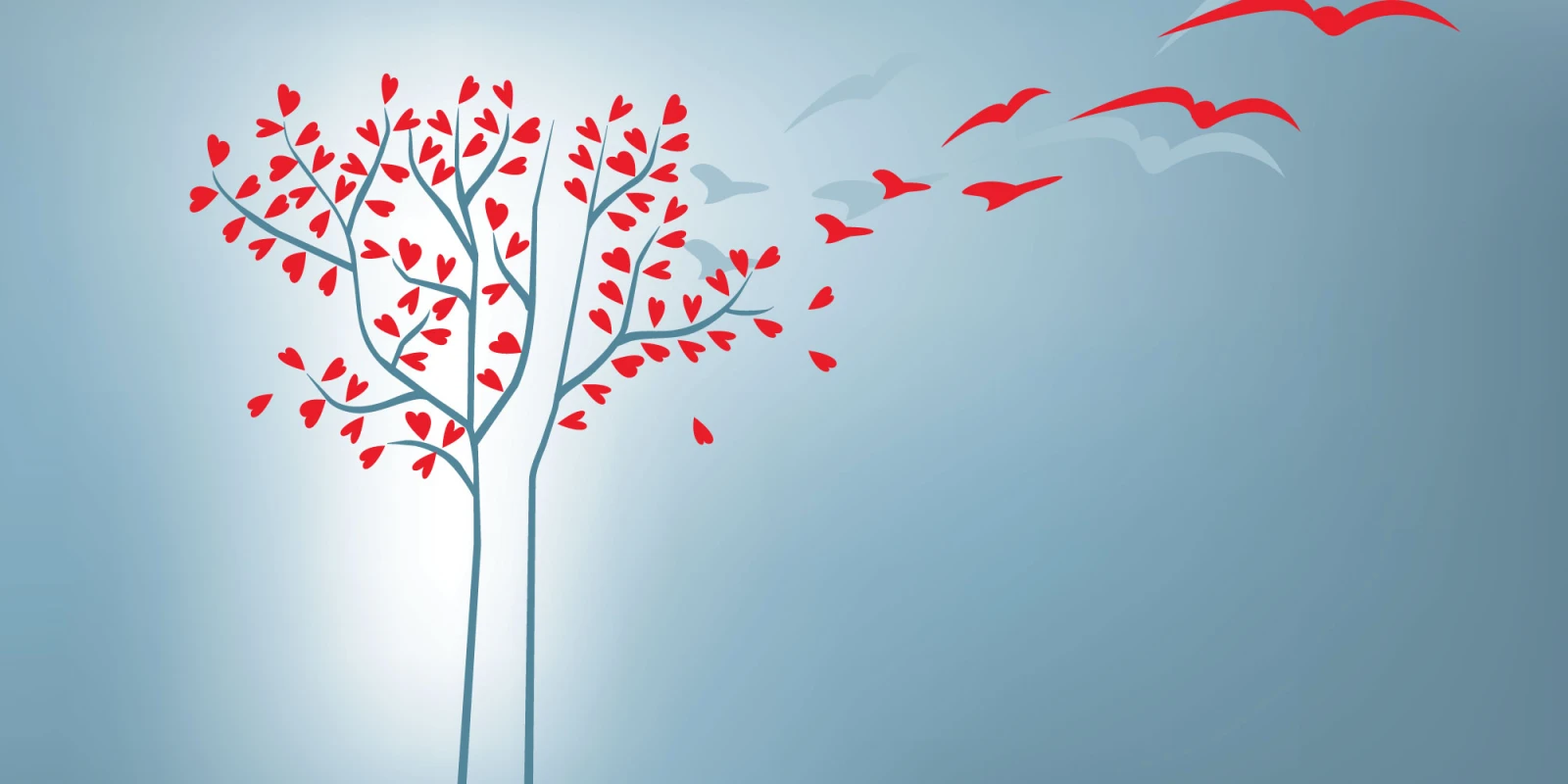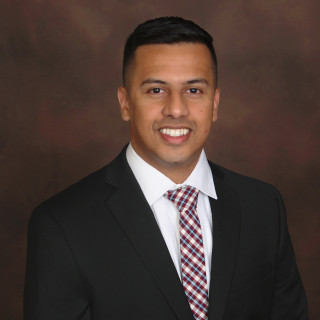
As I sat on the plane awaiting takeoff, I began to feel tears swell in my eyes and then rush down my cheeks. In my hands rested small notes of positive affirmations held in a brown paper bag that were left for me by my peers. With each word I read, I was filled with happiness and gratitude that began to overflow in the form of those tears I was now attempting to inconspicuously wipe away. This was just one of many amazing memories from my time at HEART-IM.
The Humanistic Elective in Activism, Reflective Transformation, and Integrative Medicine (HEART-IM) is an elective rotation for medical students at the end of their fourth year that is sponsored by the American Medical Students Association (AMSA) and the University of New Mexico. The premise of the elective is simple: take a group of students only weeks away from becoming physicians and provide them with a bevy of information on Integrative Medicine. The aspects of humanism and activism are easily apparent; the curriculum is littered with lectures from physicians and other professionals that cultivate a great deal of learning in these areas. The reflective transformation, however, is sourced much deeper within the elective.
For four weeks, I lived alongside 17 other medical students in a lodging center nestled within the redwood forest of a small town named Ben Lomond in central California. The nature of the elective and the living quarters meant that we would do everything together, from cooking and cleaning to sharing bedrooms and bathrooms. As nervous as I was at the thought of being thrust into a new environment with unfamiliar people, my fears were quickly alleviated. As soon as I arrived at the lodge and every day thereafter, I was greeted with open arms by students from across the country. Students from all different walks of life with diverse experiences and varied perspectives on medicine and the world. Students who were grateful to be finishing the final chapter of their medical school education in a relaxed learning environment where they could openly exchange thoughts and ideas.
Throughout HEART-IM, 18 eager participants and learners received talks on countless subjects. From ayurvedic medicine to energy medicine, from the art of listening to the art of palliative care, we were exposed to a plethora of information. Nonetheless, every day we had opportunities to ask questions, think, and debrief. These simple acts enabled us to truly, deeply process the information at a slow rate that was likely impossible throughout the rest of our medical education. As we did this, we began to shed light on our own feelings and beliefs in ways we never thought possible. Thus, the reflection and transformation were continuous, spinning around us and holding us tightly like a cocoon ready to burst.
All the while, the bonds within our group grew deeper. We built a community from the ground up, coming to a consensus on every decision we had to make, whether that was what type of diet we would adhere to, or whether the bathrooms would be separated by gender (they would not). We learned of each other’s likes, dislikes, passions, fears, dreams. We explored the boundaries of the nature surrounding us as well as the boundaries of each other’s minds. In doing so we realized something incredible: we were not alone. Medical school had taught us a certain degree of focus and selfishness that sometimes cast the rest of the world aside. For four years our successes had largely been our own, as had our failures. Yet here we were, after a myriad of studying, exams and stress, discovering that we could share our successes with others and that our fears and failures were not unique to us. Once this realization occurred, a wave of elation and relief crashed through our community, echoed throughout the forest, and brought us even closer.
For me and the 17 new members of my family, our future profession is not as physicians, but as healers. We must move medicine in a different, better direction. We must listen to our patients and understand them beyond their signs and symptoms, past their diet and exercise, all the way down to their beliefs and values. As I write this, I smile at how appropriately comparable it is to traversing layers of fascia, muscle, and fat in order to reach the human heart.
HEART-IM taught me things that few other experiences in life have been able to. It taught me the true meaning of community and equality. It redefined the way I perceive wellness and self-care. It illuminated every nook and cranny of medicine to highlight small tidbits I can carry with me into residency and beyond. Perhaps most importantly, it showed me what it is like to love others unconditionally, and to love oneself unconditionally. These lessons and memories, although acquired in the span of four weeks, will live on in every patient I have the privilege of serving and will last me a lifetime.
For more information on the HEART-IM elective, visit: https://www.amsa.org/events/heart-im/







